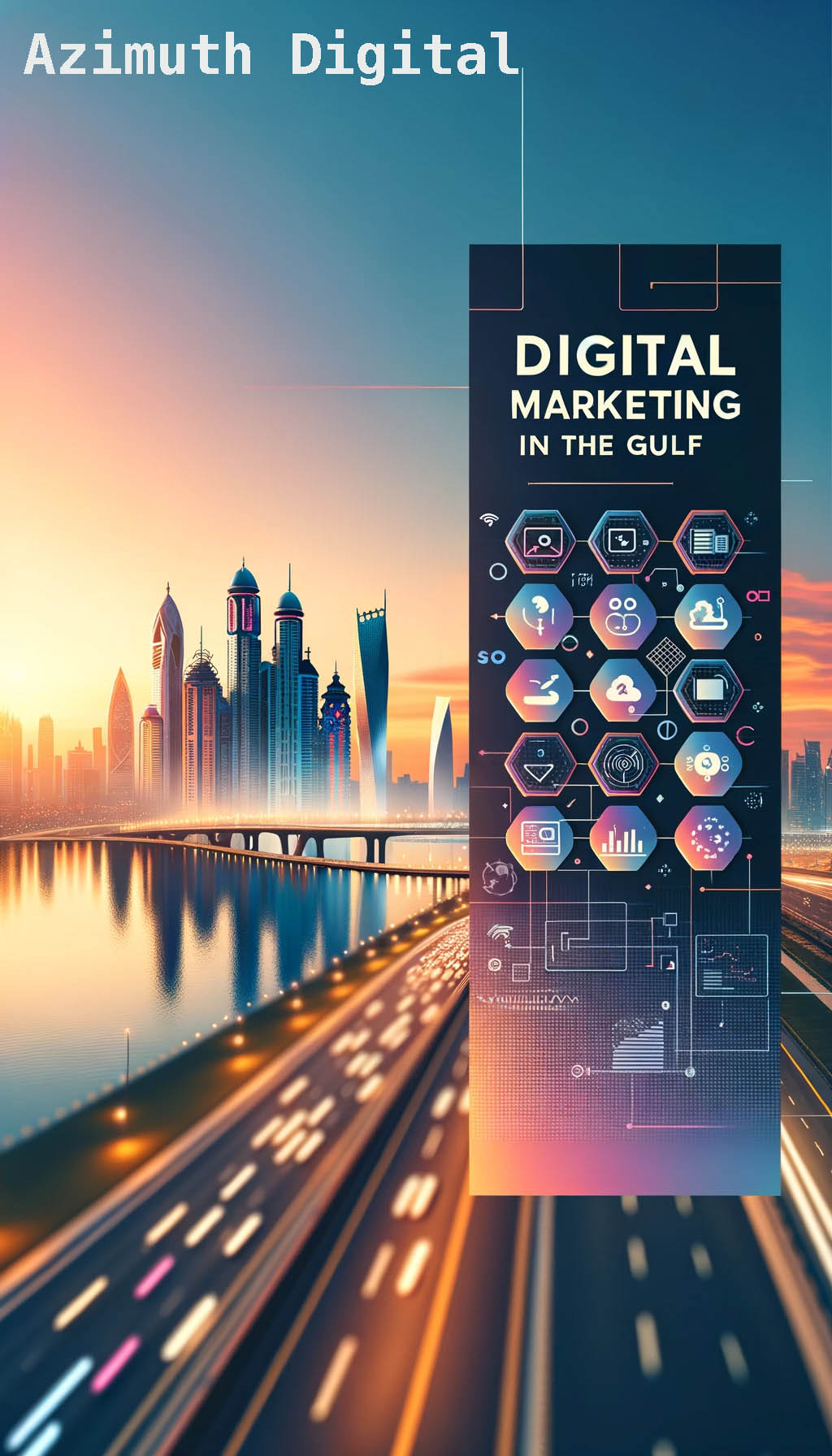On September the 30th, it will be International Translation Day, a tribute to those who, on a daily basis, put their efforts into carrying out translations to make nations communicate in several fields, from medicine to tourism and business.
Art, science and anything else that can be communicated is shared in the form of language, which is why translators, as much as some may think otherwise, play a crucial role in modern society.
It is true that automated translation tools exist, but nothing can replace the skill of a professional translator. That’s why The International Translation Day was born.
International Translation Day: what is it?
On May 24, 2017, the General Assembly formalized Resolution 71/288 to celebrate International Translation Day on September 30, honoring the role of professional translators.
The chosen date has its roots in St. Jerome, the first translator of the Bible, who transcribed into Latin from Greek, and from Hebrew into Greek. In the modern era, these languages are no longer used, but a bilingual or even trilingual speaker can aspire to greater success in the business world.
Then again, in an age of an increasingly international air, knowing languages of powerful countries such as Arabic, English, and Chinese or Russian can make all the difference.

Multilingualism and business
In the business world, especially in entrepreneurship, speaking multiple languages is a must. Imagine having a product and being limited to selling it in only one country. Sure, it can work, but offering the same product in multiple countries definitely increases sales potential.
Now, imagine that you can speak a language that usually requires excellent formal language skills even from native speakers such as Arabic. Your profile would certainly be sought after compared to an entrepreneur who can only speak English.
In fact, an entrepreneur who can speak both English and Arabic will be able to relate better in a Middle Eastern market, forging strategic partnerships and seizing better opportunities because of their communication skills.
All of this is what a translator is able to do, in addition to the “simple” translation of written texts. The same is obviously true with other languages, but Arabic has lately caught the attention of several companies and entrepreneurs.

The importance of Arabic in business
Arabic is a language that usually requires high standards of communication when it comes to business. For this reason, a number of Western speakers find it difficult to relate to Arab markets, which is why many companies seek specialized professionals.
Then again, those who want to maintain a strong relationship with a market necessarily need to communicate in the best way possible. The importance of a translator or, in any case, a figure who speaks Arabic fluently, stems from the high current worldwide demand and low offer.
A recent study of the U.S. showed that out of more than 20,000,000 students, only 30,000 study Arabic. These numbers, on countries where English is not the native language, are even lower.
Consequently, on Translation Day, you might try to learn some Arabic or talk to a native-speaker friend to practice.
Currently, Arabic is one of the most in-demand and profitable language skills, along with languages such as Chinese and Japanese, so giving it a try could help you find new employment or, who knows, a new passion!
Conclusions
International Translation Day is a very important day to remember the importance of languages and, especially, those who every day enable countries, communities and individuals to communicate with each other by breaking all language barriers.
Here is a list of what you can do on Translation Day:
- buy a translation book;
- make a small donation to a language organization;
- start learning a new language;
- watch a movie in its original language without subtitles;
- listen to a foreign language song.
Any of these little activities will help you to celebrate the event properly! If you need an Arabic translator, try to check Langpros!











